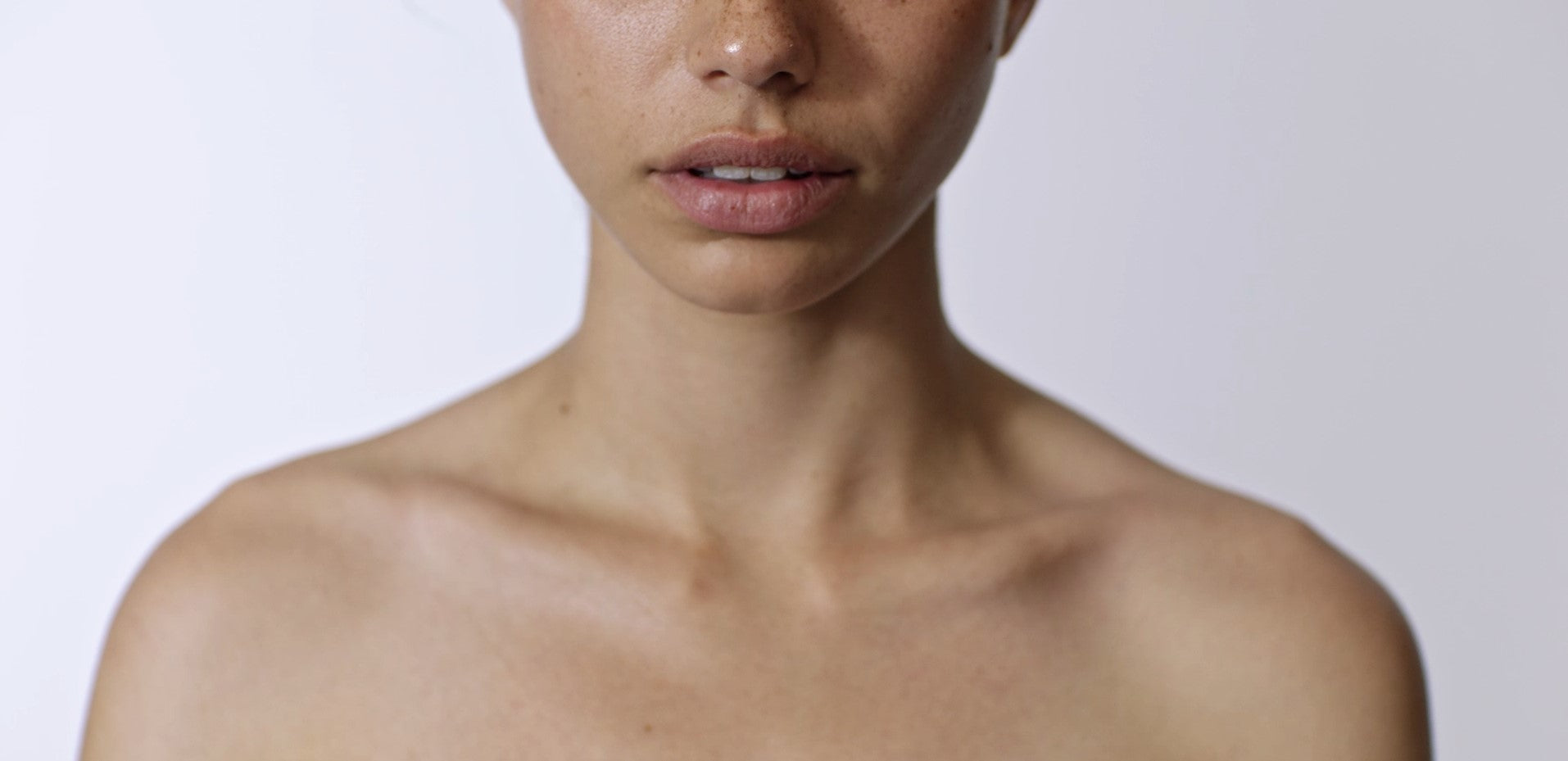
Vitamin C is a buzzy ingredient in skincare, known for its brightening abilities. You may even use a serum or moisturiser containing it yourself. Yet the inextricable ties between vitamin C and collagen are much lesser known, although no less important when it comes to beauty.
What is collagen and why is it important?
Collagen is an abundant protein that occurs naturally in the body. Among performing vital functions like aiding tissue repair, it is also responsible for giving the skin strength and elasticity. Beginning in our 20s, our collagen levels decline each year, resulting in signs of premature ageing like wrinkles, fine lines, uneven texture and dryness. Edible collagen is clinically proven to replenish this supply at a cellular level, resulting in a smoother, firmer and more hydrated complexion.
What does vitamin C have to do with this?
Vitamin C is a powerful antioxidant that is found naturally in high levels in the skin. It plays multiple biological roles in skin health: it limits the damage from UV exposure, reduces wrinkles caused by oxidative stress, assists with wound healing, and decreases dryness and roughness. Moreover, the body can’t produce collagen without it.
How does vitamin C help to produce collagen?
Vitamin C is an integral cofactor in the formation of collagen. It acts like a glue that helps to hold collagen fibres together. Along with carrying out this core function in collagen synthesis, vitamin C also encourages the body to produce more collagen, as well as helping to repair damaged collagen and stabilising existing collagen levels by fighting free radicals and protecting against oxidative stress
Where do I get vitamin C from?
While the skin contains vitamin C by default, the body cannot produce more of it naturally.
Topical vitamin C treatments have benefits for the skin (such as brightening, fading pigmentation and evening out tone), but using serums can’t actually increase your supply at a cellular level; these nutrients are best delivered through the bloodstream. This is why we need to ensure we’re constantly topping up our supply through a balanced diet containing vitamin C-rich foods like leafy greens, broccoli, citrus fruits and berries.
How can I make sure I’m getting enough vitamin C with my collagen supplement?
Along with choosing a high quality collagen supplement containing grass-fed and pasture-raised collagen, you can also look to use a supplement already formulated with vitamin C. Our Fruit & Floral and Wood & Spice varieties contain 100% Australian bovine collagen combined with native Australian botanicals that have incredibly high vitamin C profiles.
Davidson Plum, a native forest species in our Wood & Spice blend, has 100 times the amount of vitamin C found in an orange, as well as large amounts of vitamin E, folate, mangemiusm, zinc, iron, calcium and lutein. You'll find Quandong, a native desert peach, in our Fruit & Floral blend. With outstanding antioxidant qualities including high levels of vitamin E, folate, mangemiusm, zinc, iron, calcium and lutein, Quandong also contains twice the amount of vitamin C as an orange.
Explore the By Beth range of 100% Australian bovine collagen formulations


